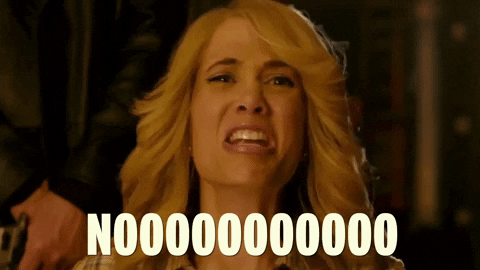Yesterday, I was listening to Rich Roll’s podcast interview with author Brad Stulberg, the author of The Practice of Groundedness.
The two had an exchange about presence that I couldn’t disagree with more.
Here’s what they said:
“Presence feels like an indulgence,” said Rich, ”an obstacle in the way of achieving whatever you need to get done on a particular day.”
Brad concurred, saying it’s a question of time frame – deep presence is necessary for excellence or success over the long haul, even if it won’t get you the most work done on a particular day:
“If I wanted to optimize over the next 24 hours or next week even, I’d slam espresso and Red Bulls, sleep four hours a night and just bury myself and that’d be super optimal.”

To be clear, I agree that presence is necessary for excellence.
What I don’t agree with is the idea that presence doesn’t enhance productivity in the short term.
This idea stems, I think, from two common misperceptions.
1️⃣ That being present means a suspension of activity: that you’re sitting there, doing nothing, observing the present moment.
2️⃣ That being present takes time.
As a founder, with ambitious goals and tight deadlines, neither of those are realistic.
So here’s a distinction you might find more useful.
Being present simply means you’re not caught up in the inner narrative.
You’re not worrying about the future or ruminating about the past.
You’re not resisting the way things are.
Want an example?
Let’s say you’re preparing for a board meeting.
If you’re not present, your mind is racing, thinking about how much you have to do, worried about getting it all done, anxious whether your investors think you’re doing a good job, afraid that you missed something, hoping the meeting goes better than last time…
You’re lost in “emotional thinking.”
If you’re present, your mind is quiet, focused on actually doing what needs to be done.
(What I call “functional thinking.”)
So more than time, being present requires intentionality.
The ability to:
- notice when you’re not present
- interrupt the emotional loop
- and reground yourself
It’s not all or nothing — it’s natural to go in and out of the narrative.
But with practice, you’ll start to tip the balance toward presence, and then you’ll find you:
- think more clearly
- free up mental energy
- have access to inspired ideas
What about you? Do you buy into the idea that you don’t have time to be present?
How would your life change if you didn’t?